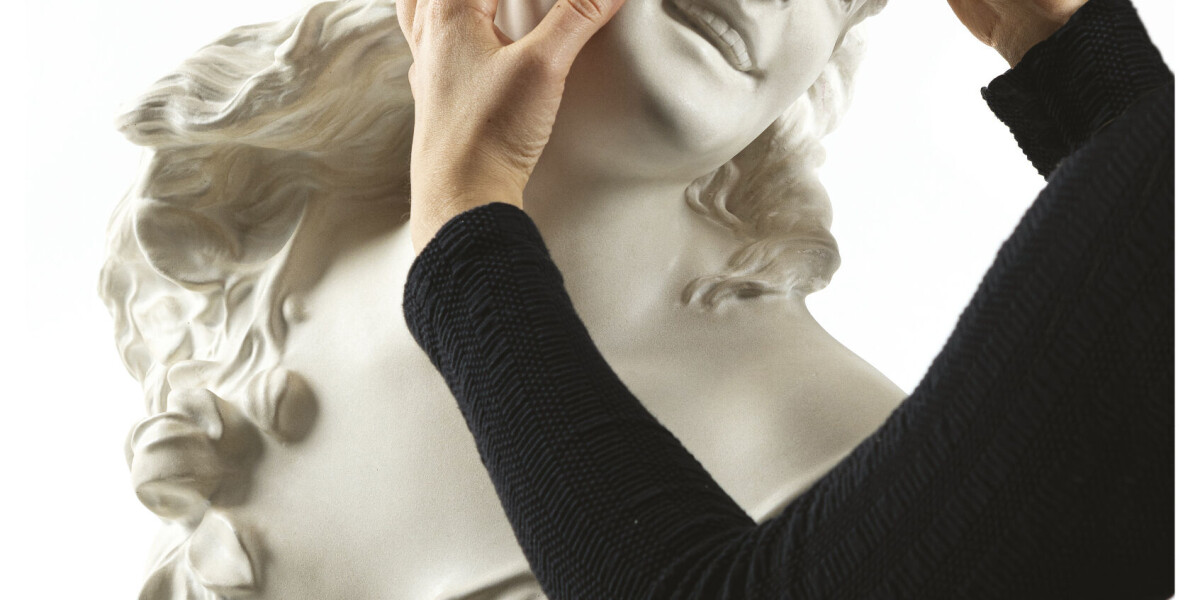
- Select a language for the TTS:
- UK English Female
- UK English Male
- US English Female
- US English Male
- Australian Female
- Australian Male
- Language selected: (auto detect) - EN
Play all audios:
Her father died in 2006, and Travers was inspired to train as a caregiver coach and volunteer, which she did for eight years. In 2014, she was diagnosed with breast cancer and had her
surgery and subsequent radiation treatments at the same hospital. Having recovered, she is incredibly grateful for the level of support her colleagues at the caregiving center provided her
family. “When you’re the patient, you get to see the hospital from different vantage points,” Travers says. “It was incredibly inspiring and satisfying to see what we do from the flip side.”
But life wasn’t quite done with challenges for the Travers family. After Ellen’s recovery, her husband, Paul, was diagnosed with metastatic renal cancer and she stepped away to care for him
until he passed away in 2018. Once again, her colleagues at the KHCC were there to offer support. After taking a year to cope with her loss, Travers decided to get a master’s degree in
social work and is graduating this year with plans to assist families in crisis in the health care setting. A MODEL FOR OTHER CENTERS The KHCC is funded completely through philanthropy,
which makes it a much more replicable and realistic model than asking health care systems to find extra funds to create a center. The center sends out one annual letter to its donor base,
and it receives ongoing donations from grateful families. “I remember once an older woman handed us a $5 bill to help the next person,” recalls Rosenfeld. “Those are some of our most
meaningful gifts.” It’s also gratifying for the team when people walk in years after interacting with the KHCC to thank the staff and share memories. As the replication coordinator at the
KHCC, Gottlieb’s job is to raise awareness and share the model of the center with other hospitals, which then adapt it to their own health care system. “When a system like Mayo comes on, it
makes us so proud,” she says. “Thinking about the caregiver is a natural and critical component in health care. Sometimes I wonder what took our industry and society so long to get here.”
The KHCC-replicated sites include community hospitals, small cancer centers, teaching hospitals, quaternary care institutions and an acute rehab hospital. “We’ve formed a Caregivers Center
Consortium that meets twice a year to share best practices and challenges,” explains Gottlieb. “Throughout the year, we host private online discussions for the replication partners to
continue the dialogue and keep each other posted on developments.” In addition to helping the newer partners handle challenges like fundraising and communications strategies, they provide
counsel on volunteer recruitment, training and retention strategies, and how to get buy-in from the facility’s staff. “Most importantly,” says Gottlieb, “we help them design a program
specific to the needs of their population.” CARE FOR FRONTLINE WORKERS An unexpected outgrowth of the program was its expansion to support the hospital staff. Hospital staff often utilize
the center to debrief after a particularly stressful event, meet with families for care-planning meetings, or obtain resources for their patients. The center arranges special programs for
staff to have one-on-one support following a crisis, or they seek out staff to offer help for their personal caregiving issues. During the COVID-19 pandemic, the center witnessed firsthand
the devastation in the caregiving community, particularly with the hospital staff, who were working around the clock on the front lines. “We encouraged our hospital staff to come into the
center for respite,” says Rosenfeld. “They were professional caregivers at work who were also supporting family members at home. Some days, during the worst of the pandemic, we held three or
four support groups a day for hospital employees.” When in-person visitation was not allowed in the hospital, the center staff provided regular, much-needed support to families via phone
outreach. They were often the liaison between the families and the clinical team. Additionally, they met quarterly via Zoom with the 23 replicated sites to check in, support one another, and
share the ways they were all trying to support their individual communities during the pandemic. “We became a lifeline to many, and we are immensely proud of our contributions,” says
Gottlieb. The caregivers program has been a tremendous success at Northern Westchester Hospital, receiving numerous awards over the past 15 years and becoming a well-integrated program
within the hospital culture. “We meet people where they are in the journey,” says Rosenfeld. “The idea is so simple, but so extraordinarily powerful.”





